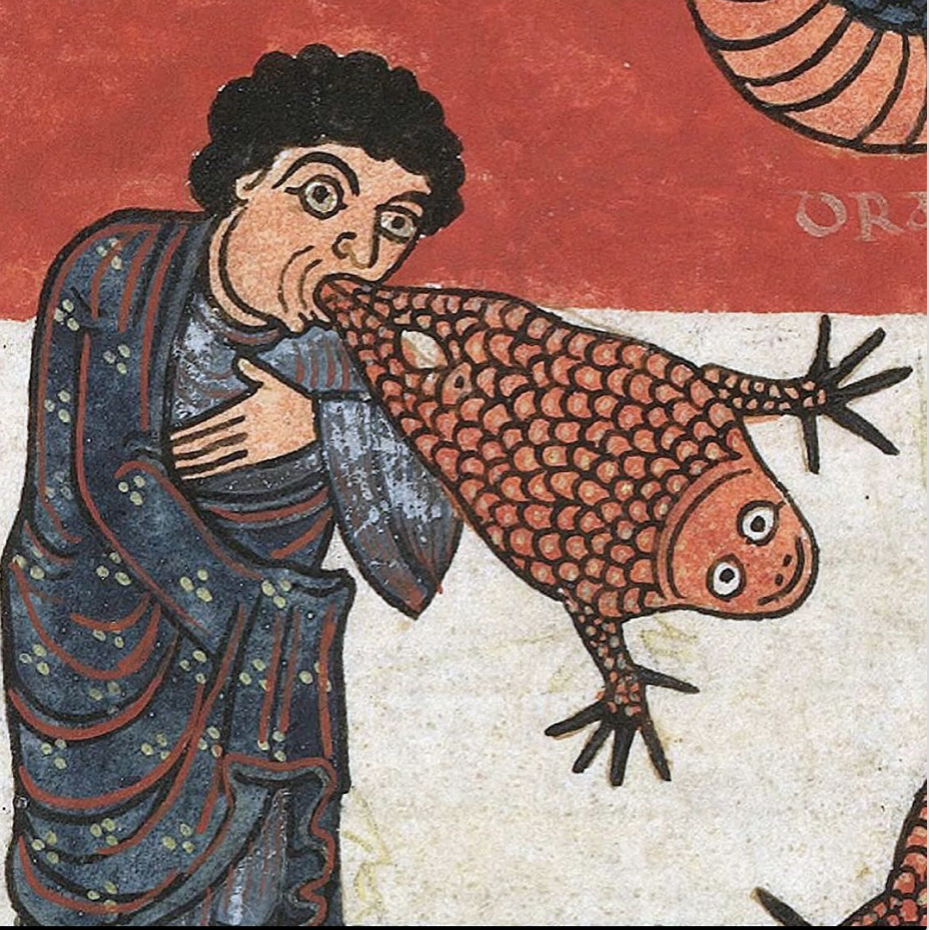Beyond Conventional Therapy: Charting a Unique Path for Men's Mental Health
As a therapist, my goal is to establish a secure and non-judgmental space where all individuals, including those who may not feel represented by conventional methods, can delve into their mental health in a way that aligns with their personal experiences and viewpoints. Specifically, I am referring to men facing more obstacles than ever before. I believe in being open about my life with my clients, which levels the playing field between us.
So, let me take you back to my college years. Unlike my high school friends, hurrying to become adults, I decided to go to Colorado and work on building decks and climbing mountains. I waited a few years before getting my first degree from a top university in Boston, where I studied philosophy. This taught me many well-worn tropes. At 24, I had developed a considerable arcane vocabulary and felt confident in my latent genius. I had acquired the depth and manners of a New England gentleman of the old school, along with the drinking habits of a middle-aged Englishman. Despite graduating at the top of my class, I was confused and in crisis. That's when I started attending AA meetings.
After achieving a few weeks of sobriety, I moved to Hawaii to pursue a career as a writer. While there, I became interested in shamanism and ayahuasca. I spent eleven weeks living with a group of shamans in the rainforest. These shamans were among the first to bring medicine to the United States. During my time with them, I experienced light shows, entities, ego, horrific visions, and physical pain. However, these experiences set me on a path to enlightenment, or so I thought. Over the next decade, I tried everything I could to achieve enlightenment. I visited yoga ashrams and Zen hermitages in India, participated in Sufi sit-ins, practiced Kaballah meditation, and even tried channeling. I also spent some time screaming in a small, padded box. To me, it was all just another layer of my psyche. Unfortunately, my low self-esteem led me astray, and I was given the wrong diagnosis by more than one notable psychologist.
Many individuals seek therapy to cope with the aftermath of a challenging childhood, a relationship that went sour, a derailed career, or grief. It requires a lot of courage to try new approaches and to keep searching for ways to heal and grow. It's not surprising that people who have experienced real pain and trauma find it difficult to find comfort and validation. Healing is a unique process that varies from person to person, and every therapy, even the unconventional ones, can contribute to the complex puzzle of one's mental health. As a therapist, I aim to help my clients, particularly men, navigate their journey more smoothly.
The talk therapy field in the United States is extensive and continually evolving. It comprises roughly 200,000 therapists and over 80,000 psychologists. However, most therapists are white and female, making up approximately 70% of the field, with an average age of 41.
These traditional talk therapy methods do not always cater to the unique challenges that men face in therapy. I believe that a more personalized and adaptable mental health care approach is necessary, particularly for men who frequently encounter societal pressures that discourage emotional openness and vulnerability. Research has demonstrated that the age and ethnicity of therapists can significantly impact the approach taken during treatment. Clients from different backgrounds require a personalized approach that considers their unique cultural values and experiences. Just as it is essential to make accommodations for various types of people, such as those who identify as gay, straight, black, white, or any other ethnicity, I believe men should seek out male therapists. Moreover, I think men should resist urgency and take a slower, more gradual path to healing unless they are in an acute crisis.
Unfortunately, talk therapy is not a universal solution for mental health problems. As a result, there is a significant revival of interest in the use of psychedelics in mental health treatment. The conversation around their use is oversimplified. Many risks and complexities involved in such treatments are often overlooked despite promising research.
In summary, psychedelic therapy is a complex issue with many potential drawbacks. For one, it can significantly alter one's state of mind, which can be incredibly challenging for those already dealing with serious mental health issues. Additionally, we still do not fully understand the long-term effects of this treatment due to a lack of research. Finally, there is the possibility of addiction to these substances, which is a significant concern.
In addition, the legal status of these drugs can be a problematic issue. They are considered illegal in many places, making their use for therapy a challenging and risky endeavor both legally and ethically. Without proper guidance, it can be challenging to integrate these powerful psychedelic experiences into everyday life. Moreover, there is a concern that the medical community may take over these drugs, ignoring their cultural and historical significance. Lastly, the cost of therapy may be prohibitively expensive, limiting access only to those who can afford it, which is quite unfair.
According to Data Bridge Market Research, the psychedelic market is slated to reach $10.7 billion by 2027, up from $3.8 billion last year, which coincides with the Global Wellness Institute’s latest report showing the wellness tourism market is projected to double by 2027 to become a $1.4 trillion sector. When analyzed together, the statistics show incredible opportunity at the intersection of psychedelics and tourism, especially in the form of retreats.
There have been very few systematic reviews conducted on the long-term effects of psychedelic drugs. To my knowledge, only one review has been done where researchers identified just 34 human-sample, long-term studies in the contemporary era of research with classic psychedelics. Most studies were focused on psilocybin and were published within the last five years. Other psychedelic drugs that have been studied include MDMA, DMT, Ibogaine, 5-HTP-O, and Ketamine.
It is not easy to determine sustained changes in personality, attitudes, depression, spirituality, affect/mood, anxiety, well-being, substance use, meditative practices, and mindfulness within a limited amount of time. One study conducted a longitudinal survey collecting data from adults who planned to take psilocybin outside clinical research. The survey comprised six automated web-based surveys completed at the time of consent, 2 weeks before, the day before, 1–3 days after, 2–4 weeks later, and 2–3 months after psilocybin use. However, this period may not be enough to study long-term effects. I am barely scratching the surface here.
The use of psychedelic substances for treating mental health issues such as PTSD and depression has gained popularity in recent years. I think that is great. However, the benefits of these substances are being overshadowed by exaggerated claims that they are a magical cure-all. There is also a tendency towards spiritualism in this field, which is not supported by scientific evidence. It is important to note that, like cannabis, psychedelics have been commercialized by those in positions of power, resulting in treatments costing upwards of $10,000 for a ten-day detox. In my opinion, psychedelic therapy may not be a practical option for the average person.
Talk therapy and psychedelic treatments are undoubtedly helpful for mental health care. Still, they are just one part of a bigger picture. This is especially true for men who require more nuanced care. It is crucial to find a solution. However, the uncertain qualifications of life coaches, the changing demographics of therapists, and the over-promising of psychedelic therapies mean that we need to take a closer look at the needs of individuals. To achieve this, we need to understand what motivates us. Our values are essential in this process. We should ask ourselves if we are living by our values. It can be as simple as wanting to be helpful to others. Doing so allows us to navigate the middle path and achieve better mental health.



